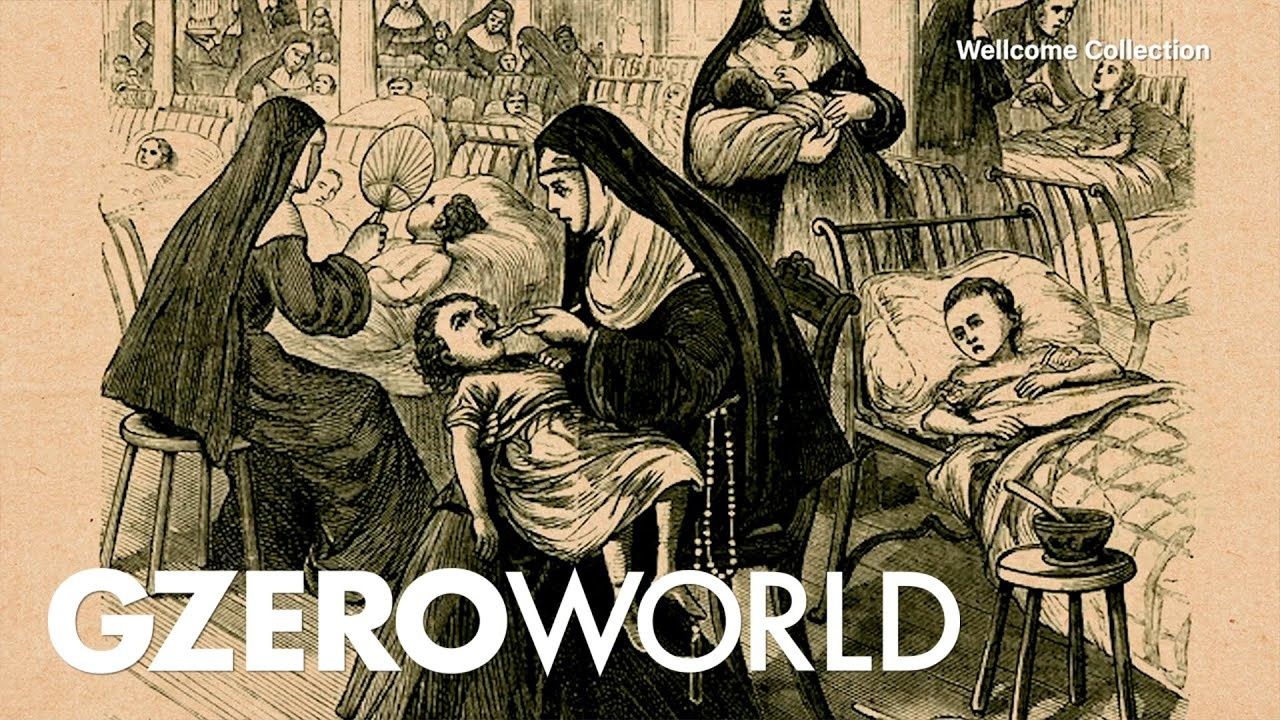popular
Will immunity lead to greater inequality?

Immunity & Prospect of Greater Inequality | Historical Parallels: Yellow Fever in NOLA | GZERO World

As discussions turn to "immunity passports" and antibody testing in the COVID-19 pandemic, could an "immunoprivileged" class emerge? Will people who are not immune face greater barriers in the workforce and elsewhere?
On the latest episode of GZERO World with Ian Bremmer, our team talks with Stanford University historian Kathryn Olivarius about lessons learned from the yellow fever outbreak in 19th Century New Orleans, when 150,000 died from the mosquito-borne disease, and "unacclimated" people had difficulty finding a job. She sees striking parallels to pressures from the modern coronavirus, interest in "immunity passports", and government considerations in today's pandemic. There's already a lot of inequality, and Professor Olivarious warns against the formation of an invisible hierarchy, in which the most vulnerable people are punished twice over.
In this "ask ian," Ian Bremmer analyzes Trump’s recent meeting with Zelensky and how close (or far) Russia and Ukraine are from a peace deal.
Syrian President Ahmed al-Sharaa attends the military parade of the Syrian army in Umayyad Square in central Damascus to mark the one-year anniversary of the fall of the Assad regime, on Dec. 8, 2025.
A year ago this month, Syria’s brutal dictatorship collapsed. There are signs of recovery, but sectarian violence threatens to undermine the optimism.